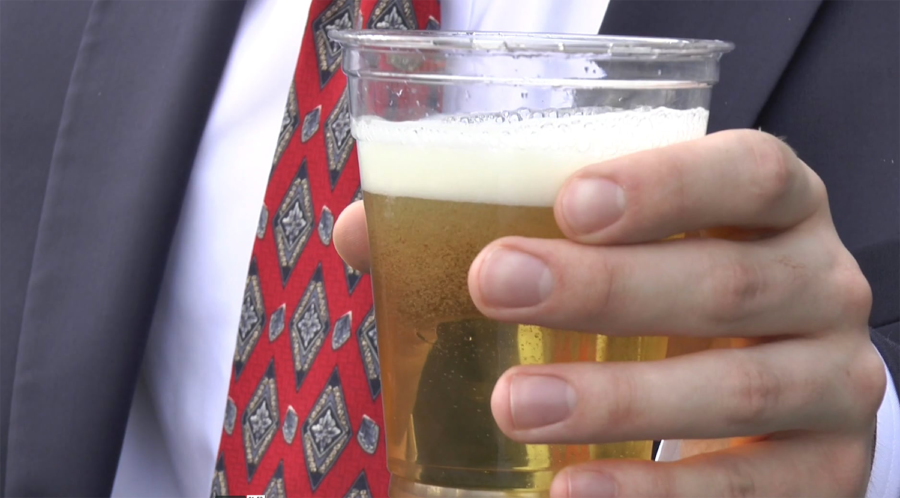TCU students are on pace to receive over 700 alcohol violations for the sixth time in the last seven years.
This time last fall, there were 16 alcohol-related incidents that resulted in medical intervention at local hospitals, said Adrian Andrews, the vice chancellor of public safety. This year, 27 of those incidents have occurred.
Andrews said he does not believe the number of alcohol violations that have occurred so far this year is substantial or indicative of any trends.
According to the TCU Annual Campus Security Report, there were 757 alcohol violations reported in 2018, 129 more violations than those reported in 2017.
Andrews said the TCU Police Department works with Campus Life and Fraternity and Sorority Life to promote responsible behavior.
“The TCU Alcohol and Drug Education Office does a lot of prevention work and is a great resource,” Andrews said. “We also work with TCU residential housing staff to help us identify alcohol-related issues before they get out of hand.”
The director of Housing and Residence Life, Craig Allen, also recognized the continuity of the high rate of violations.
“We are seeing a similar number of incidents compared to previous years,” Allen said, “so things are about the same.”
Allen said TCU has a multifaceted approach to attempting to decrease the number of alcohol violations that occur on campus, including educating students and providing alternative programs in residence halls that do not involve alcohol.
“We do programs, bulletin boards and have many one-on-one conversations with students to try and help get students the information,” Allen said.
Ultimately, however, if students violate university policies, their actions are documented and dealt with through the student conduct process, Allen said.
Alcohol violations are given to students when they violate TCU’s alcohol policies.
Kyle Kevorkian, the assistant hall director in Waits Hall, wrote in a text message he believes there could be a positive aspect of students receiving alcohol violations.
“The punitive component [of alcohol violations] forces students to engage in material cost-benefit analyses to determine an appropriate course of action,” Kevorkian wrote. “I think that encouraging such decision making, particularly in the context of college development, is a virtuous feature within the system. Further, such a policy is certain to deter harmful alcohol-related activity in at least a handful of cases.”




